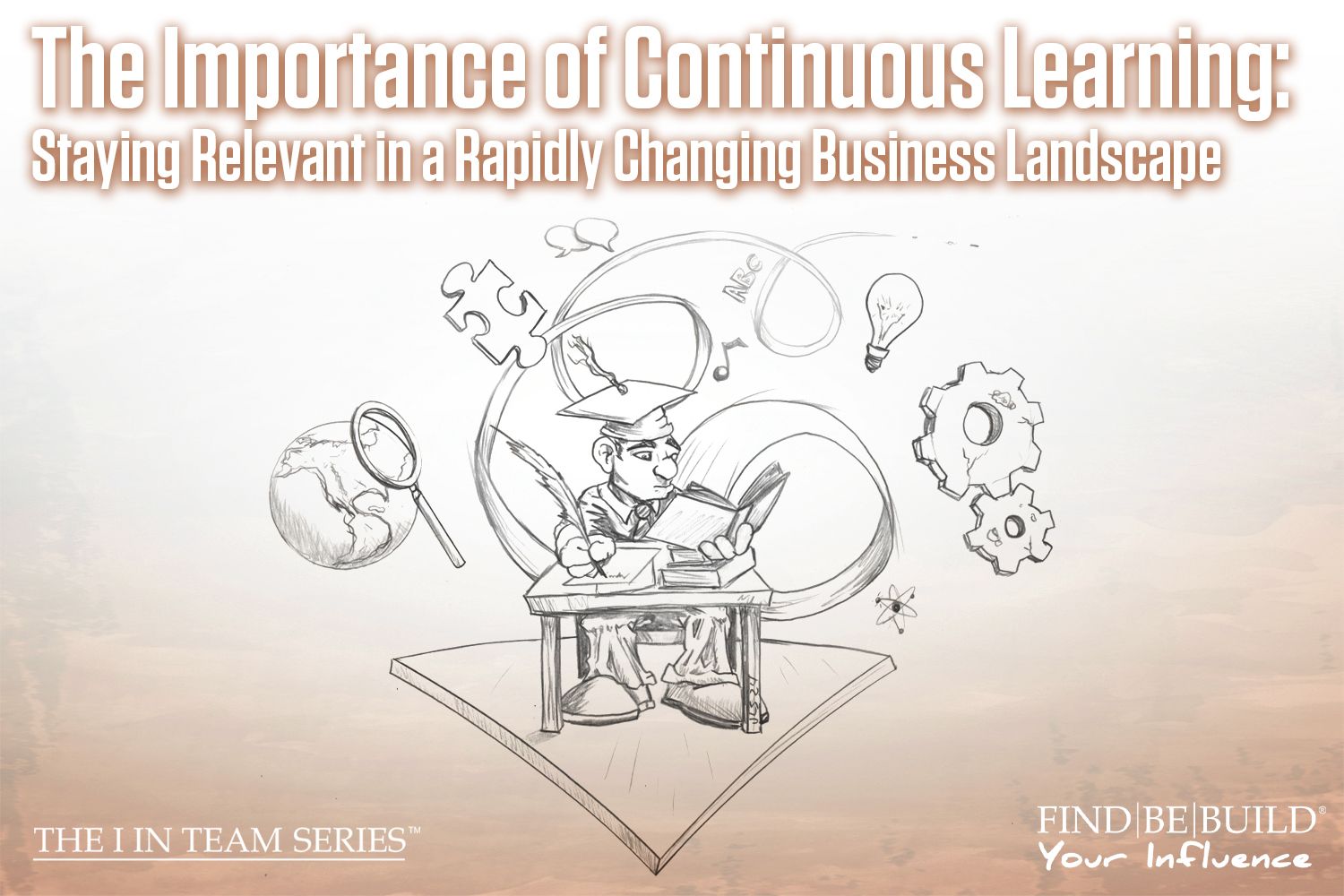Leaders Should Not Be Gelded

Leading a company requires a bit more than the original investment or time spent to earn the experience or degree in a particular field. Leading means making decisions that are right for the company and the decisions need to be legal, ethical, and decisive.
Being a leader requires industry knowledge, objectivity, intestinal fortitude, purpose, and empathy. Putting all of that together in a way that solicits respect while moving a company forward can be a very difficult for many people.
Obviously, Industry Knowledge is something a leader must have. Time and time again we find business leaders who have tried to rise above the details and begin to lose perspective of the industry they are in. Maintaining industry knowledge is key to a solid foundation for a business leader. Read industry trade magazines, go to industry seminars, join industry groups, and commingle with your peers, competitors, vendors and customers in your industry; this will give you more than a one dimensional picture of the business you have chosen to lead.
Being objective also remains one of the key traits in a leader. Sure, one’s passion and knowledge can drive them to start a company and make it a success, but being the leader will require that the passion does not lead to directing with one’s emotions. Decisions need to be made based on the facts and stay consistent with the company’s mission. Being objective will also identify the leader as fair, regardless of employees own emotions, and most will always understand and accept an objective decision.
Having intestinal fortitude can mean so much in today’s business world, from taking the steps to start or lead a company, to the day-to-day decisions about the company’s direction or an employee’s future. Once you choose to become the leader of a company, you accept responsibility for not only yourself and that company, but also every employee that works for you. Decisions can affect lives, and having the guts to make the difficult decisions will resonate through your company and help to inspire your employees to also become passionate about the company, follow more objectively, and not be afraid to help the company grow.
Purpose to me is The Mission. While I advocate that every company have a Mission Statement, a business leader can resolve that question by defining the purpose he or she is leading the company. Once defined, lead with purpose, which is a conviction to do the very best you can in that moment. By making hard decisions objectively and with purpose, everyone will see a leader at all times.
Empathy is often confused with sympathy. Leaders face a wide range of issues when running a company, from employee emotional and family issues, to vendor and customer issues not related to the business you’re leading. Empathy can be a by-product of Objectivity, Intestinal Fortitude, and Purpose. Keeping perspective that you’re the leader of a company and, while things occur in and around your company, it is your responsibility to show strength and conviction in the face of challenges presented to you, your staff, vendors, and customers. By being empathetic and showing objective concern, you can still maintain the integrity of your business and keep the entire organization moving in the right direction.
So, why did I choose the title “Leaders Should Not Be Gelded”? My wife is involved in our business in a support role and often observes business issues from a perspective that we, as consultants, do not. She sits in the office and reads our reports, listens to our meetings, and often interacts with our clients in different ways. One day, she noted that a client had a manager who just would not pull the trigger on decisions and deferred decisions almost perpetually until someone from our firm would make the decision for him. She blurted out one day, “I wish that man would stop being a Gelding”; the label stuck with me.
Too often a person starts a company or becomes the leader of a company and leads by emotion or loses touch with his peers, industry, or employees. Sometimes, people did not have a leader to mentor them properly or possibly they did not have the opportunity to learn leadership traits. Leaders can lose or forget the purpose of being a leader and sometimes forget the company’s Mission Statement and why its employees choose to spend a third or more of their current life at any particular company. When a leader does this he is powerless to affect progress and goes from being a leader to being someone who looks like a leader and thinks they are a leader, but they are really just a person “out to pasture” with no real ability to carry on the business name and help it to expand.











